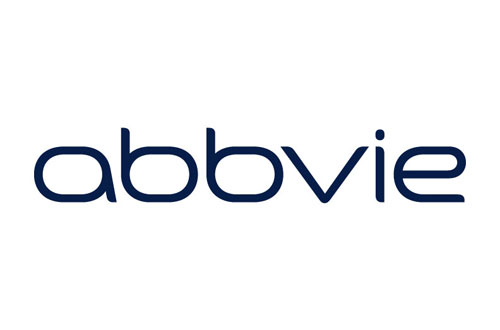
AbbVie’s JAK1 inhibitor upadacitinib has proved more effective than the company’s widely-used TNF blocker Humira in a phase III trial in rheumatoid arthritis patients, without adding to a tally of thrombotic side effects.
Upadacitinib met all the primary and secondary endpoints in the SELECT-COMPARE study – outperforming both placebo and Humira (adalimumab) on a range of clinical measures including the proportion of patients going into clinical remission, with 29% of those on AbbVie’s drug achieving that level of response compared to 18% with Humira and 6% of the placebo group.
A 20% or more improvement in symptoms (ACR20) was seen in 71% of the upadacitinib group, versus 63% for Humira and 36% for placebo, which just achieved statistical significance, but AbbVie’s drug fared much better compared to its active comparator on the tougher ACR50 and ACR70 measures.
The results were achieved in patients with moderate-to-severe RA who were being treated with methotrexate but whose symptoms were not being controlled.
Crucially for AbbvVie, there were no cases of venous thromboembolism (VTE) in the 1,629-patent study, something that was observed in two earlier phase III studies of the drug (SELECT-MONOTHERAPY and SELECT-BEYOND) and had claimed patient lives. Analysts said the lack of VTEs in the latest study reduced the risk in the upadacitinib programme and raises the drug’s chances of regulatory approval.
The drug is vying to become the third drug in the class after Pfizer’s Xeljanz (tofacitinib) and Eli Lilly’s Olumiant (baricitinib), which was turned down by the FDA at first filing because thrombosis cases raised safety concerns. Lilly’s drug was approved in Europe, however, and has been refiled in the US with a verdict due later this year.
Upadacitinib (also known as ABT-494) has been tipped by some analysts as a future leader of the category with sales of up to $3.5bn, with some suggesting it could even climb as high as $5bn at peak if it also shows its worth in follow-up indications like psoriatic arthritis, Crohn’s disease, ulcerative colitis, ankylosing spondylitis and atopic dermatitis.
It’s one of three new drugs AbbVie had earmarked to help offset the decline in Humira sales that will follow the loss of patent protection, which will occur later this year in Europe but not until 2023 in the US. Humira is also being challenged by a number of newer drugs but thanks to price increases is still on a growth path.
One of those new hopefuls – Rova-T for lung cancer – failed in trials but upadacitinib and anti-IL-23 antibody risankizumab (ABBV-066) remain on track after the latter reported positive phase III results in psoriasis in February.




